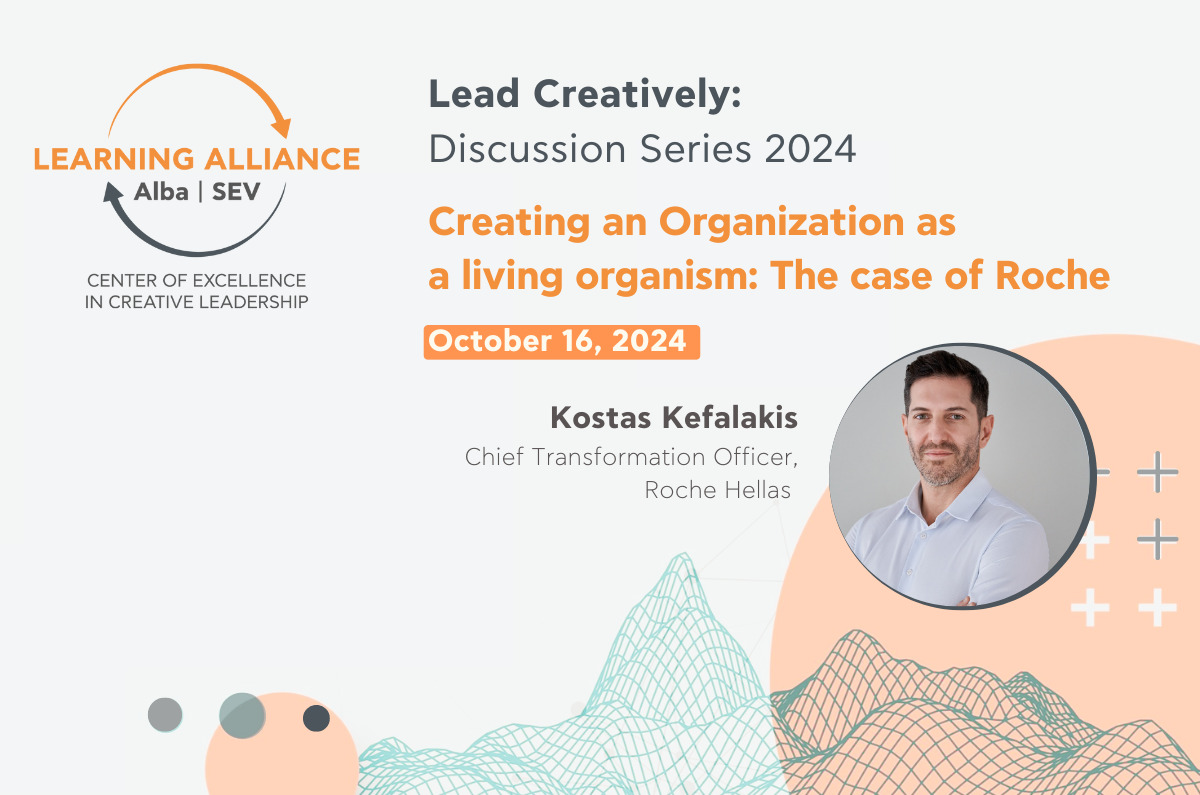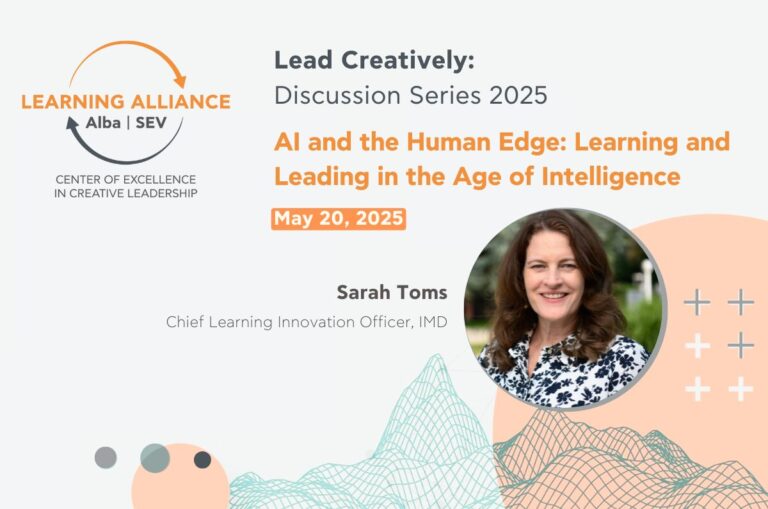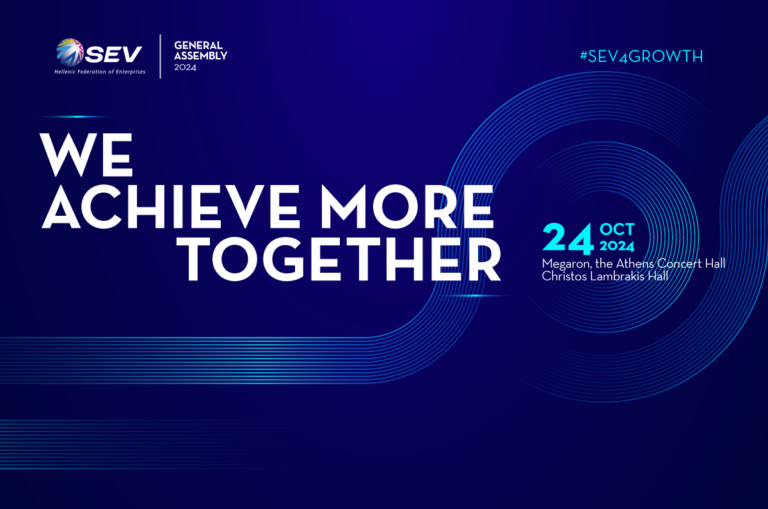Creating an Organization as a living organism: The case of Roche
We are excited to invite you to the first event of the fall, part of the “Leading Creatively” Discussion Series, organized by the SEV Center of Excellence in Creative Leadership. The event will be held on Wednesday, October 16, 2024, from 18:00 to 19:30, at Alba Graduate Business School (Xenias 6-8, Athens, 11528). Our guest speaker is Kostas Kefalakis, Chief Transformation Officer at Roche Hellas
The event, will be conducted in Greek and you may attend in person or online, via livestream.
Register here
In order to respond to today’s challenging business environment, most organizations try to shed traditional structures and strive to be more adaptive, resilient, and agile. This transformation requires not only a shift in operating model but a fundamental reimagining of leadership, culture, and governance. In this presentation, we explore how Roche Pharmaceuticals evolved into an organization that functions like a living organism—dynamic, responsive, and anti-fragile, characterized by decentralized leadership, trust-based governance, and a culture of continuous innovation.
To a large extent, this transformation is inspired by the five phases of organizational evolution as outlined by Frederic Laloux in “Reinventing Organizations”, from hierarchical and mechanistic entities to organic, self-managed, and purpose-driven collectives. Roche’s journey reflects this evolution, having successfully transitioned from a traditional, bureaucratic organization to one that fosters greater autonomy, accountability, and empowerment at every level.
The organization as a living organism is a complex, adaptive system capable of thriving in a fluctuating external environment by decentralizing decision-making to respond to emerging challenges in real time. This adaptive model is underpinned by self-organizing teams with autonomy and accountability being distributed across all levels of the organization.
Moreover, instead of long-standing organizational norms around budgeting, career path development, and decision-making hierarchies companies seek more adaptable systems that allow for flexibility in resource allocation. For example, performance management systems focusing on long-term value creation drive purpose-driven organizations where success is measured by the real-world impact on stakeholders.
Leaders in this model act not as controllers but as enablers and facilitators, guiding the organization through trust-based relationships. Executives act as stewards of the company’s vision and curators of the organizational climate rather than as micromanagers.
About the speaker
Kostas Kefalakis has more than 19 years of experience working in Lean, Agile and cultural transformation.
He started his career in Toyota Motor Europe in 2005 as a project manager responsible for coordinating 5 manufacturing plants, R&D and aftersales to improve initial quality & durability.
In 2011 Kostas moved to Vistaprint in Switzerland as a Global Lean Manager running projects & driving Lean, Agile & cultural transformation in sites across Europe, China, Australia, USA and Canada.
At the end of 2014, he moved to Hilti in Liechtenstein as a Global Lean Manager implementing Agile in R&D and Lean across numerous manufacturing plants and logistics sites in Europe, US and China before taking the role of Head of Global Lean bringing a new culture of Lean & Agile across the organization.
In his time with Hilti he was also invited as a guest speaker to ETH, Lancaster university and IMD.
Today Kostas is the Chief Transformation Officer of Roche Hellas responsible for driving the radical cultural transformation as well as digital transformation and is involved in many global strategic initiatives bringing value beyond Greece.





